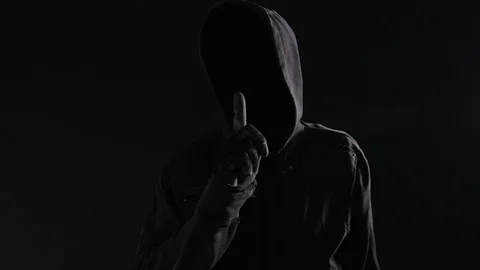this post was submitted on 24 Jun 2024
441 points (98.0% liked)
Asklemmy
43807 readers
854 users here now
A loosely moderated place to ask open-ended questions
If your post meets the following criteria, it's welcome here!
- Open-ended question
- Not offensive: at this point, we do not have the bandwidth to moderate overtly political discussions. Assume best intent and be excellent to each other.
- Not regarding using or support for Lemmy: context, see the list of support communities and tools for finding communities below
- Not ad nauseam inducing: please make sure it is a question that would be new to most members
- An actual topic of discussion
Looking for support?
Looking for a community?
- Lemmyverse: community search
- sub.rehab: maps old subreddits to fediverse options, marks official as such
- [email protected]: a community for finding communities
~Icon~ ~by~ ~@Double_[email protected]~
founded 5 years ago
MODERATORS
you are viewing a single comment's thread
view the rest of the comments
view the rest of the comments

Once a detector is good, you can train a model to adjust its outputs to cause false negatives from the detector. Then the cycle repeats. It's a cat and mouse game basically.
The only proper way I see is a system that is based ob cryptographic signatures. This ia easier said than done ofc.
Yeah but if your wrote your thesis in 2024, and the detector is run on it in 2026...
You're probably busted.
It's not like you'll re-write your thesis with every major ChatGPT release.
Are you expecting that the for-profit college will go back and retroactively rescind degrees? What's the end-game for re-running the thesis?
It likely won't be done at scale, but let's say you are wildly successful and are now in line for a high-value position, where vetting is common. Might look pretty bad if you fabricated your whole thesis. Recently, Bill Ackman basically bullied several schools into firing their head administrators on the pretense of not citing sources correctly in their thesis papers.